Itchy Lower Legs – Causes, Remedies, And Prevention Tips
Soothe the itchiness in your lower legs with simple ingredients from your kitchen.
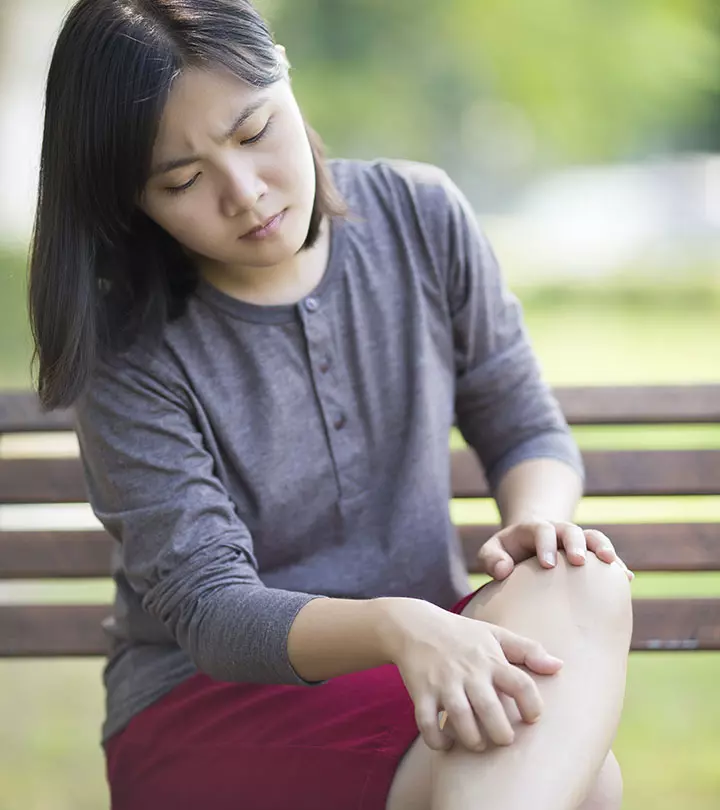
Image: Shutterstock
Itchy lower legs can be frustrating. This condition is often managed by continuous applications of topical creams and lotions. The cause of itchy lower legs may vary from person to person. It may be due to an underlying medical condition, dry skin and skin irritation, or insect bites. Understanding the causes is crucial for treating itchy legs. Scroll down to know more about the triggers of itchy lower legs and simple home remedies to soothe the condition.
In This Article
What Causes Itchy Legs?
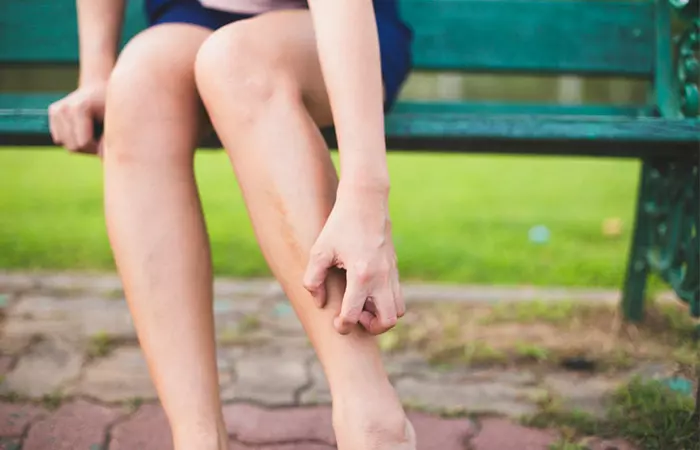
Several factors could be contributing to the constant itching in your lower legs. They include:
- Allergic Contact Dermatitis
If your skin came in contact with an allergen, it might turn itchy, inflamed, and irritated. These allergic responses are termed as allergic contact dermatitis. Such irritants may include certain plants, metals, soaps, cosmetics, and fragrances.
- Xerosis
Xerosis is the medical term used to describe unusually dry and scaly skin, and this condition is another common cause of itchy legs.
While this condition does not cause any rashes, if you continue to scratch the affected area, it may cause bumps, limes, and other physical symptoms. Xerosis is more common in the older lot as the skin tends to get drier with age.
- Diabetes
An underlying medical condition like diabetes could also trigger itching in your lower legs. High blood sugar levels are known to cause itchy skin. Itchiness can also be triggered by other complications of diabetes like poor blood circulation, nerve damage, or kidney disease.
Itchy skin could also be a symptom of other medical conditions like hepatitisi A condition characterized by inflammation of the liver that occurs in varying degrees of severity, often caused by a viral infection. , lymphomas, hypothyroidism, and hyperthyroidismi A condition characterized by an overactive thyroid gland that increases metabolic rate and speeds up the heart rhythm. .
- Insect Bites
Bites from insects
like fleas, chiggersi Tropical mites that burrow into the host’s skin and lay their eggs beneath the skin, leading to itching and sores. , mosquitoes, and mites can also cause itching in the lower legs as well as other parts of your body that may be exposed to the insects.
- Gravitational Eczema (Stasis)
This is especially common in individuals suffering from varicose veins or deep vein thrombosis. Stasis or gravitational eczema is known to cause itchy, swollen, red/purplish patches on the lower legs of the affected people.
- Poor Hygiene
If you don’t follow basic hygiene or don’t bathe daily, the build-up of dirt, sweat, and dead cells on your legs can cause irritation and itching. Heat, dry air, or contact of the skin with clothing can aggravate these symptoms.
Conditions like atopici A type of allergy where the allergic reaction is seen on that part of the body that is not in contact with the allergen. dermatitis, psoriasis, hives, and dehydration can also cause itching in the lower legs.
Itchiness is not only uncomfortable, but it also has the potential to hamper your self-confidence. There are many over-the-counter formulations available to help soothe the itchiness that may be prescribed by your physician. However, if you are looking for a quick fix to your problem with some ingredients available right at home, we are here to help. Listed below are some natural remedies that can help soothe your itchy lower legs.
Key Takeaways
- Allergic contact dermatitis, poor hygiene, diabetes, xerosis, insect bites, and eczema can cause itchy lower limbs.
- Keep your legs moisturized to soothe the itchiness and follow good personal hygiene.
- You can use home remedies like coconut oil, aloe vera gel, and tea tree oil to treat itchiness.
Home Remedies To Treat Itchy Legs
Natural Ways To Treat Itchy Legs
When your legs are driving you crazy with that relentless itch, you do not have to reach for the nearest cream. Check out these super simple home remedies for skin itching that can bring you relief naturally.
1. Coconut Oil

You Will Need
1 tablespoon of virgin coconut oil
What You Have To Do
- Take a tablespoon of virgin coconut oil and massage it gently into your lower legs.
- Leave it on until it dries completely.
How Often You Should Do This
You can do this twice daily.
Why This Works
The anti-inflammatory properties of coconut oil can help soothe the itchiness and inflammation in your lower legs (1). The moisturizing properties of the oil can help address underlying issues like xerosisi Also known as dry skin, usually caused when skin loses its water and oil content and is unable to replenish by itself. that could be causing the itchiness (2).
Rob Stuart, a YouTuber, shared his frustrating and confusing quest to find the right solution for his skin issues such as eczema on his face, scalp, and sternum and dermatitis. The turning point in his struggle came when he discovered the efficacy of coconut oil as a cleanser, moisturizer, and antifungal agent. He said, “It’s totally fine to reapply the coconut oil as many times throughout the day using this kind of process as you wish. The hot water allows the coconut oil to seep deep and kind of hold the moisture in, so it works really well (i).”
2. Moisturizer
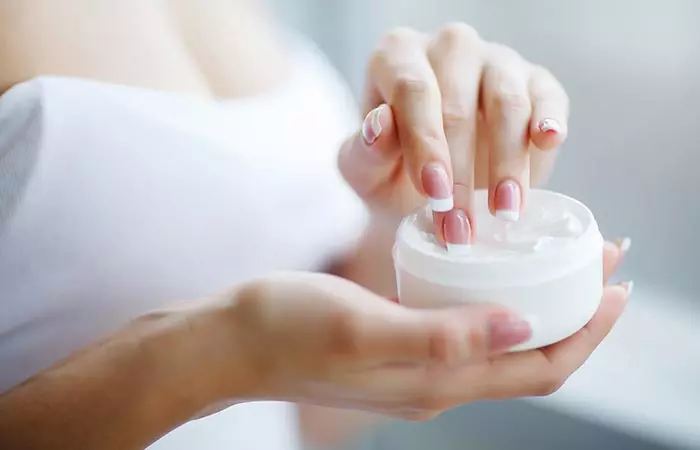
Moisturizing can also help a great deal in relieving itchy lower legs, especially if dry skin or xerosis is the root cause of the problem (3). You can use either over-the-counter moisturizers like petroleum jelly or natural alternatives like coconut oil and olive oil. A thick cream with mineral oil is also a great option to moisturize the skin.
 Quick Tip
Quick Tip3. Aloe Vera Gel
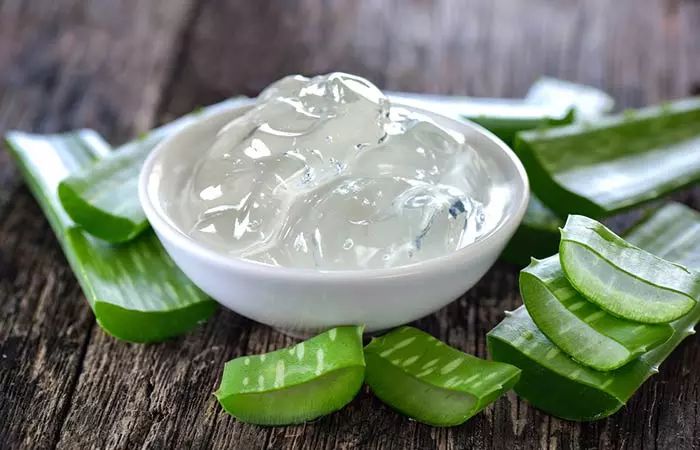
You Will Need
1-2 tablespoons of aloe vera gel
What You Have To Do
- Apply aloe vera gel to the affected areas.
- Leave it on for 20-30 minutes before rinsing it off with water.
How Often You Should Do This
You can do this 1-2 times daily for best results.
Why This Works
The moisturizing and anti-inflammatory effects of aloe vera extracts are well-known (4). These properties can be quite beneficial in soothing the itching in the lower legs.
4. Tea Tree Oil
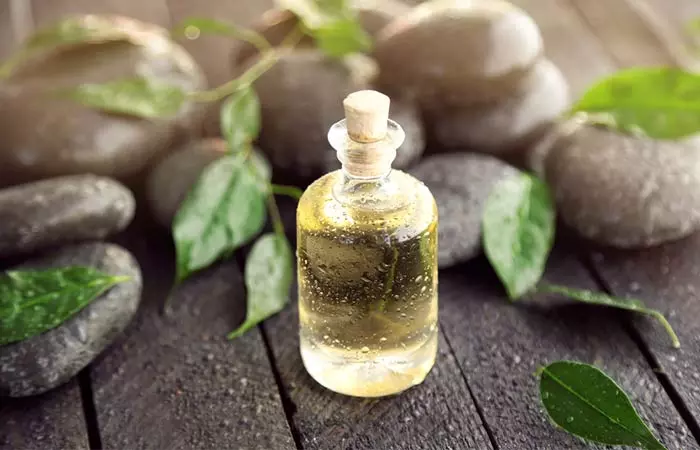
You Will Need
- 3-4 drops of tea tree oil
- 1 tablespoon of coconut oil
What You Have To Do
- Mix tea tree oil with coconut oil in the specified quantities.
- Apply the blend to the affected area.
- Leave it on for 15-20 minutes.
- Rinse off with water.
How Often You Should Do This
You can do this twice daily, once right before bedtime.
Why This Works
Tea tree oil
is an excellent remedy for treating multiple skin disorders. Its anti-inflammatory and antimicrobial nature can be effective in treating the itchiness in your lower legs (5).
5. Oatmeal Bath
You Will Need
- 1 cup of oatmeal
- A tub of warm water
What You Have To Do
- Blend the oatmeal into a very fine, consistent powder.
- Pour oatmeal into a tub of warm water.
- Stir the water with your hand to ensure it is mixed properly.
- Soak your legs in it for about 10 to 15 minutes.
- Pat yourself dry and follow up with a moisturizer.
How Often You Should Do This
You can do this twice a week.
Why This Works
Oatmeal has been used for centuries to treat several skin conditions, including itching and rashes. Its anti-inflammatory and antioxidant properties may help reduce inflammation and help moisturize the skin (6).
Additionally, over-the-counter antihistamines are often effective for quickly easing itchy legs caused by allergic reactions. They help by blocking histamine, a chemical that triggers itching and other allergy symptoms. It’s a good idea to talk to a healthcare provider to choose the right antihistamine and dosage that suits your needs.
While these remedies work their magic in alleviating the itching, here are some tips that may help prevent recurrence of the condition.
How To Prevent Itchy Legs
- Wear comfortable clothing made of natural fibers like silk or cotton to bed.
- Keep your room temperature cool as excessive heat can aggravate itchiness.
- Avoid consuming caffeine and/or alcohol right before you go to bed as they can cause your body temperature to increase.
- Stop use of cosmetics, perfumes, or any other products that have resulted in an allergy earlier.
- Don’t scratch your legs despite the urge to do so.
- Follow good personal hygiene habits like showering daily.
- Wear protective clothing when you go hiking or into the woods.
- Moisturize your body daily.
In the following cases, you will have to seek medical intervention immediately.
When To See A Doctor
See a doctor immediately if:
- The itching does not show signs of improvement even after two weeks.
- The itching begins to interrupt your sleep.
- You observe other symptoms such as weight loss, weakness, a rash, or fever.
- The itching begins to result in bleeding in some parts of your legs.
 Quick Tip
Quick TipInfographic: How To Prepare And Take An Oatmeal Bath To Relieve Itchiness
In addition to applying natural home remedies that mostly involve intense skin hydration and moisturization to relieve itching, you can use a colloidal oatmeal bath to help soothe dry and irritated skin.
Check out the infographic to learn how you can prepare and take an oatmeal bath and how you can make your own homemade colloidal oatmeal. Illustration: StyleCraze Design Team
Itchy lower legs can be very annoying and frustrating. Several factors contribute to itchiness in your legs. Allergic contact dermatitisi A condition characterized by inflammation of the skin, accompanied by dryness, redness, or itchiness. , xerosis, diabetes, insect bites, gravitational eczemai A condition where skin develops inflamed and red patches or blisters that may itch and even bleed. , and poor hygiene are some of the causes of this condition. If you are dealing with specific triggers, consider exploring home remedies for allergies to alleviate discomfort. You can treat this condition by using aloe vera gel, coconut, and tea tree oil and with the continuous application of any moisturizer. In addition, wearing comfortable clothing, avoiding caffeine intake, and keeping your room cool may help prevent the itchiness. However, if nothing soothes the itchiness, consult your doctor to prevent further complications.
Frequently Asked Questions
Why are my legs so itchy but with no rash?
Dry skin may cause itchiness without presenting a rash. Weather conditions, dehydration, or a lack of moisturization may lead to dry, itchy skin.
Can stress cause itchy legs?
Yes, itchy legs can be caused by chronic or acute stress, according to studies, and can increase the levels of histamine (a hormone that triggers an itching sensation) in your body. This can lead to itchy skin and also aggravate existing conditions of atopic dermatitis and psoriasis (7).
Can heart problems cause itchy legs?
Yes, heart problems cause itchy legs. According to research chronic heart failure patients tend to experience itchiness in their upper and lower limbs due to blood accumulation from poor blood circulation in the body (8)
Can fatty liver cause itching?
Yes, the fatty liver might cause itching and may also be observed in certain cases of liver diseases such as bile duct inflammation and cholestatic liver conditions (9).
Why do the bottom of my legs itch every night?
A few common reasons that can cause the bottom of your legs legs’ itchy skin at night are
• Accumulation of sweat and bacteria from wearing shoes or socks throughout the day.
• Fungal infections like Athlete’s foot.
• Poor blood circulation in the lower limbs due to heart, liver, or diabetic conditions.
• Allergic contact dermatitis caused by wearing rubber slippers.
Are itchy legs serious?
Yes, in some cases itchy legs may indicate the onset of or be a symptom of an existing condition of diabetes, heart or liver disease.
What are some potential complications of untreated itchy lower legs?
If your itchy legs are due to a fungal infection there is a chance that it may spread to other areas if left untreated. Also, if the itchiness is due to poor blood circulation in the lower limbs, it may lead to cardiac complications.
How does climate or weather affect the likelihood of itchy lower legs?
People living in hot, humid climates are more susceptible to fungal infections such as Athlete’s foot. On the other hand, very dry or cold climates may lead to itchy lower legs from skin dryness caused by the condition Xerosis.
Say goodbye to itchy feet. Uncover the top causes behind that annoying itch and learn about effective treatments for soothing your feet by checking out this video.
Personal Experience: Source
StyleCraze's articles are interwoven with authentic personal narratives that provide depth and resonance to our content. Below are the sources of the personal accounts referenced in this article.
(i) How I cured eczema/dermatitis washing my face with coconut oilhttps://www.youtube.com/watch?v=noOES0wWWDo
References
Articles on StyleCraze are backed by verified information from peer-reviewed and academic research papers, reputed organizations, research institutions, and medical associations to ensure accuracy and relevance. Read our editorial policy to learn more.
- Anti-inflammatory, analgesic, and antipyretic activities of virgin coconut oil
https://pubmed.ncbi.nlm.nih.gov/20645831// - A randomized double-blind controlled trial comparing extra virgin coconut oil with mineral oil as a moisturizer for mild to moderate xerosis
https://pubmed.ncbi.nlm.nih.gov/15724344/ - Moisturizers: The Slippery Road
https://www.ncbi.nlm.nih.gov/pmc/articles/PMC4885180/ - ALOE VERA: A SHORT REVIEW
https://www.ncbi.nlm.nih.gov/pmc/articles/PMC2763764/ - Melaleuca alternifolia (Tea Tree) Oil: a Review of Antimicrobial and Other Medicinal Properties
https://www.ncbi.nlm.nih.gov/pmc/articles/PMC1360273/ - Colloidal oatmeal: history, chemistry and clinical properties
https://pubmed.ncbi.nlm.nih.gov/17373175/ - The Vicious Cycle Of Itch And Anxiety
https://www.ncbi.nlm.nih.gov/pmc/articles/PMC5845794/#:~:text= - Itch In Patients With Acute Heart Failure
https://www.medicaljournals.se/acta/content/html/10.2340/00015555-3187 - Itch And Liver: Management In Primary Care
https://www.ncbi.nlm.nih.gov/pmc/articles/PMC4439832/
Read full bio of Dr. Schwarzburg
Read full bio of Shaheen Naser
Read full bio of Anjali Sayee
Read full bio of Monomita Chakraborty







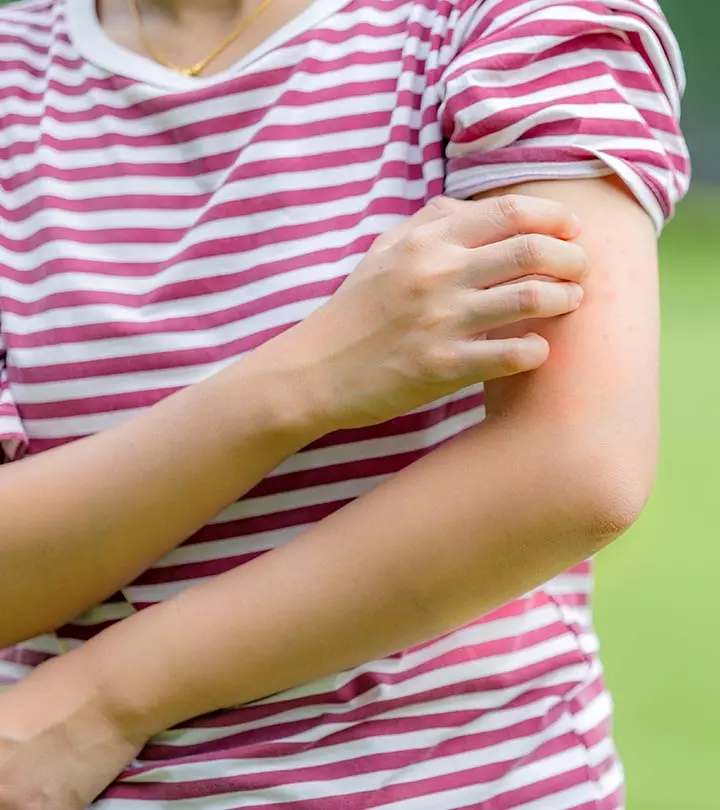

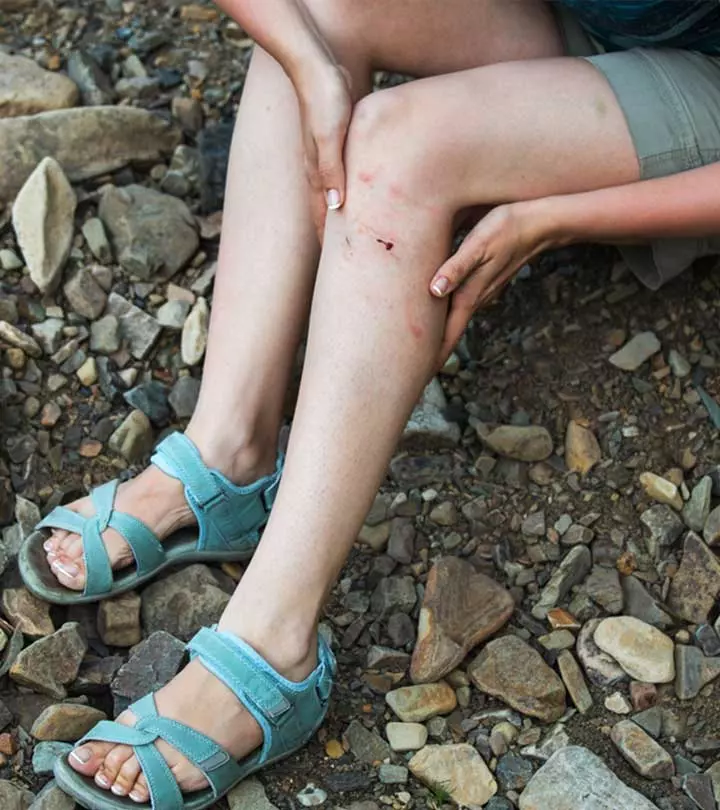


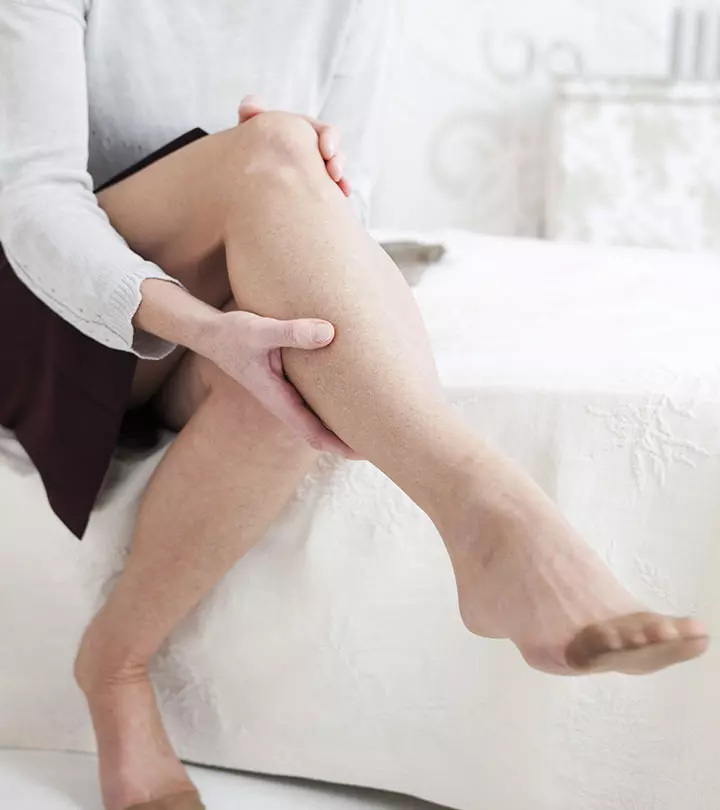


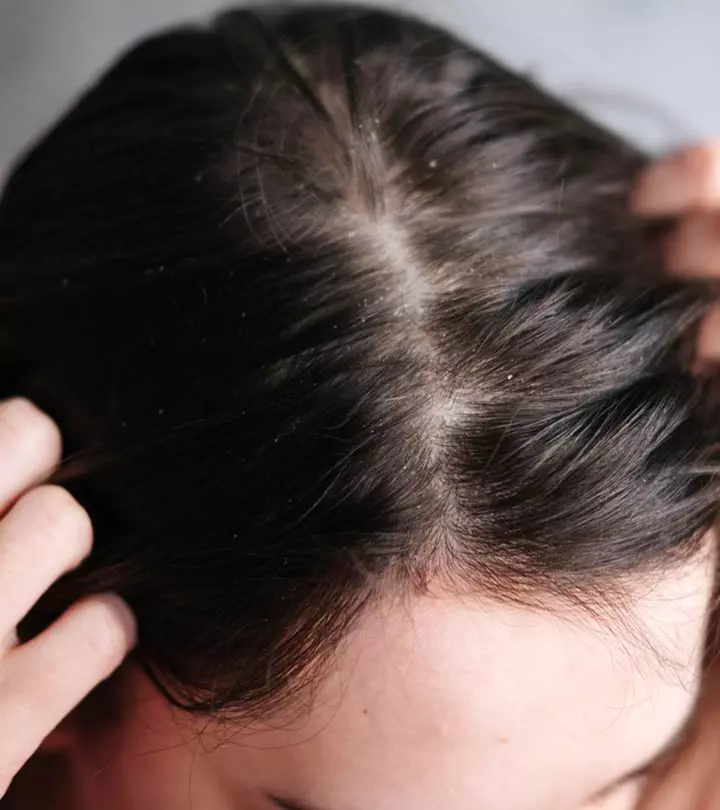

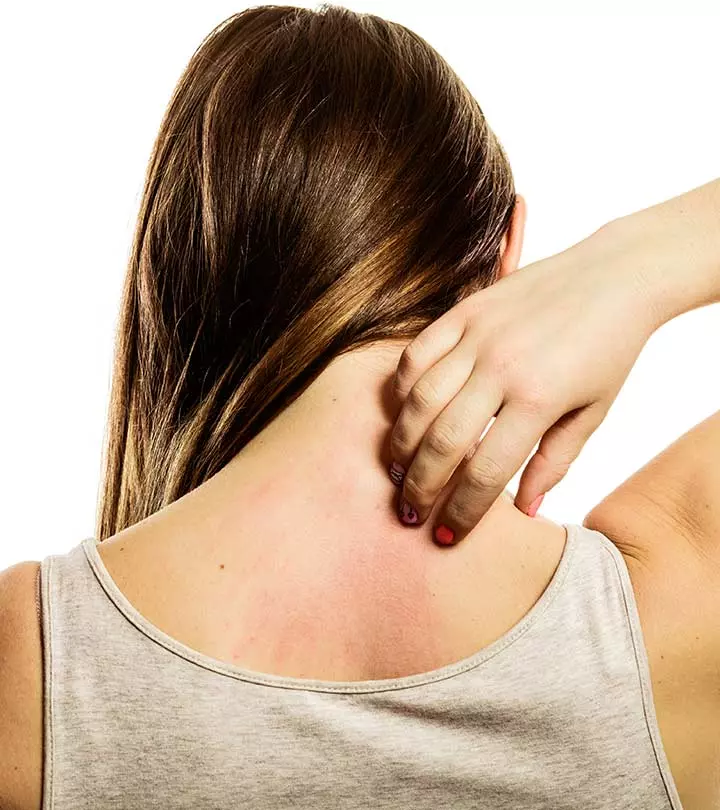


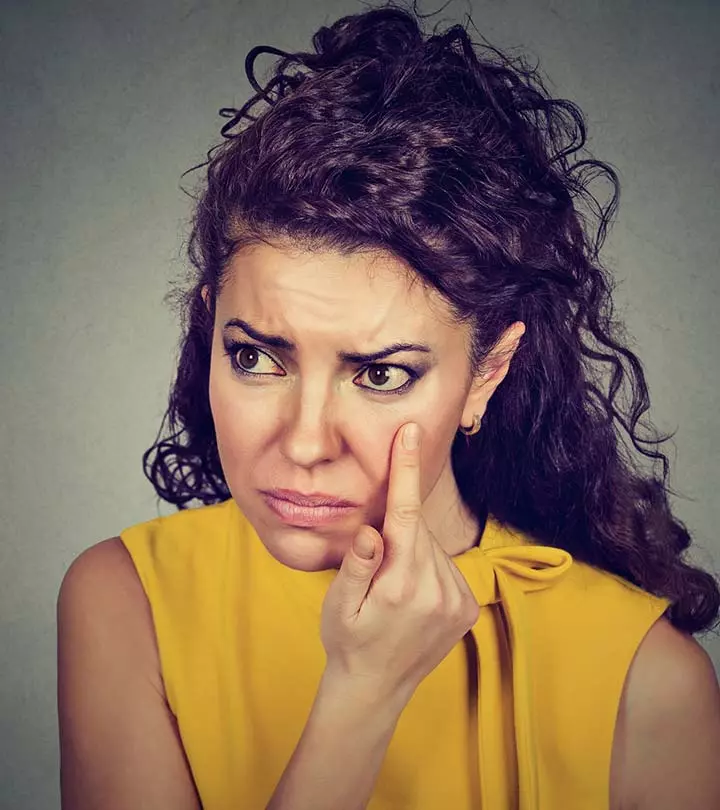

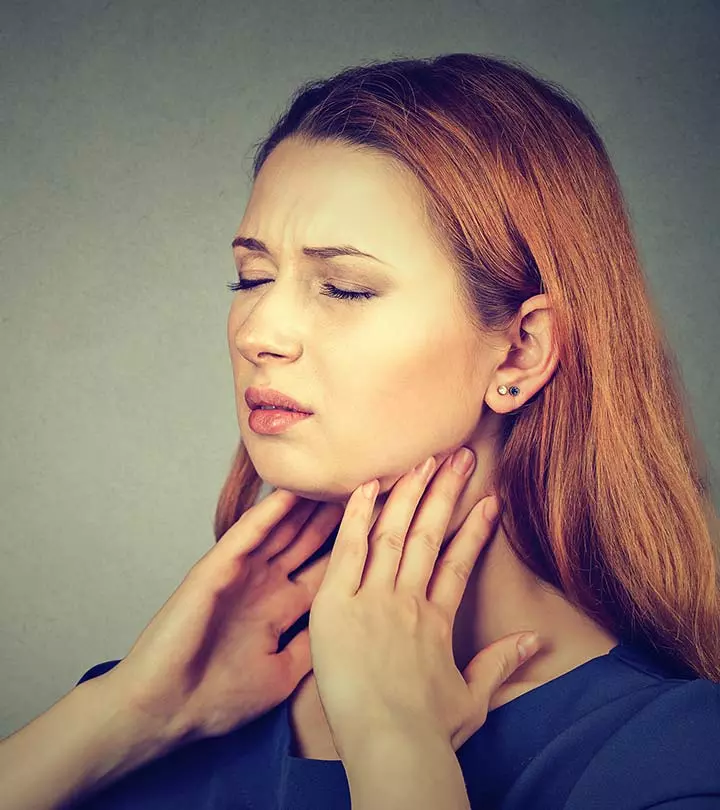
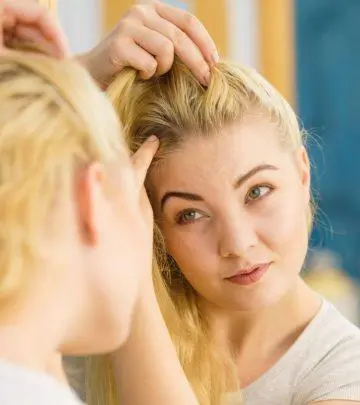

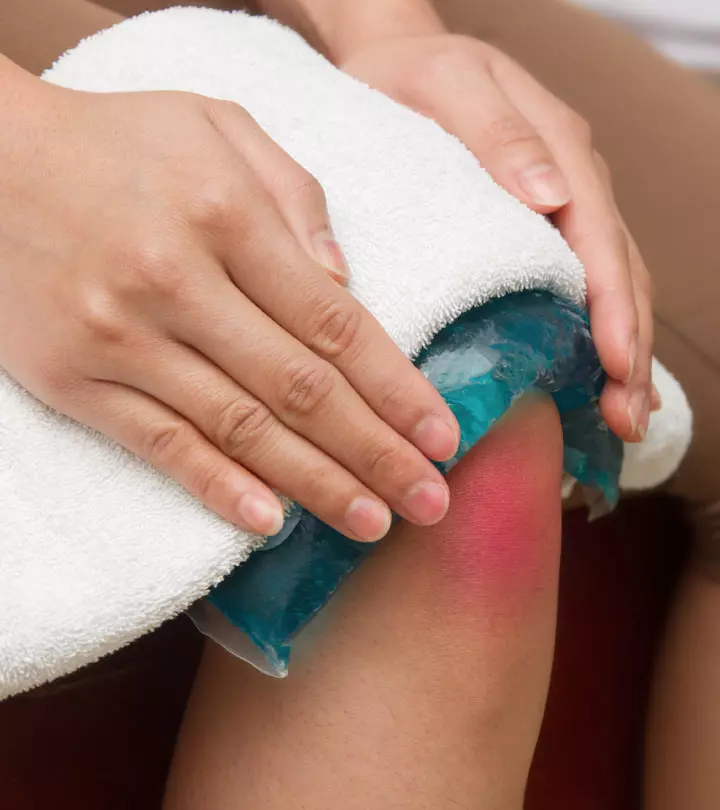
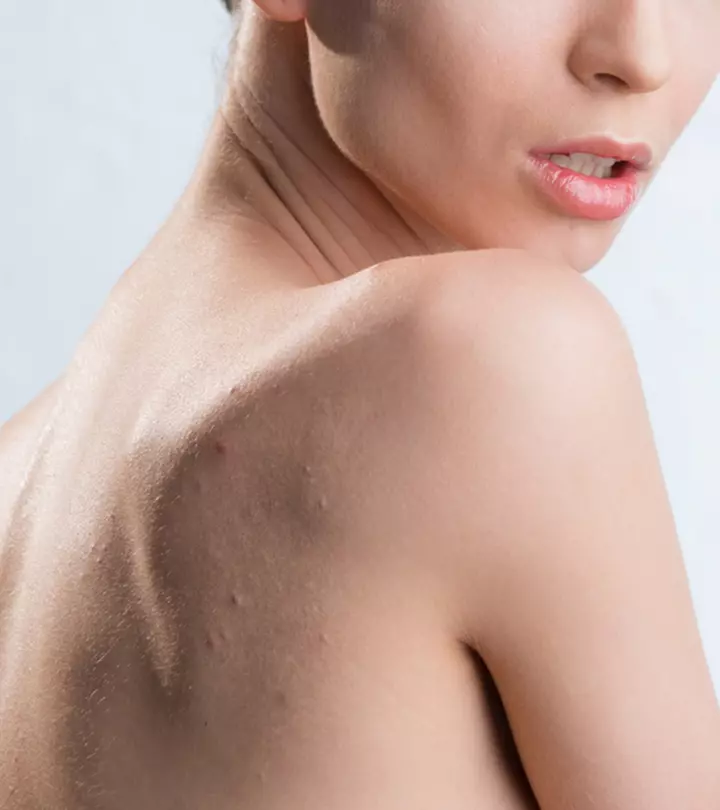
Community Experiences
Join the conversation and become a part of our empowering community! Share your stories, experiences, and insights to connect with other beauty, lifestyle, and health enthusiasts.